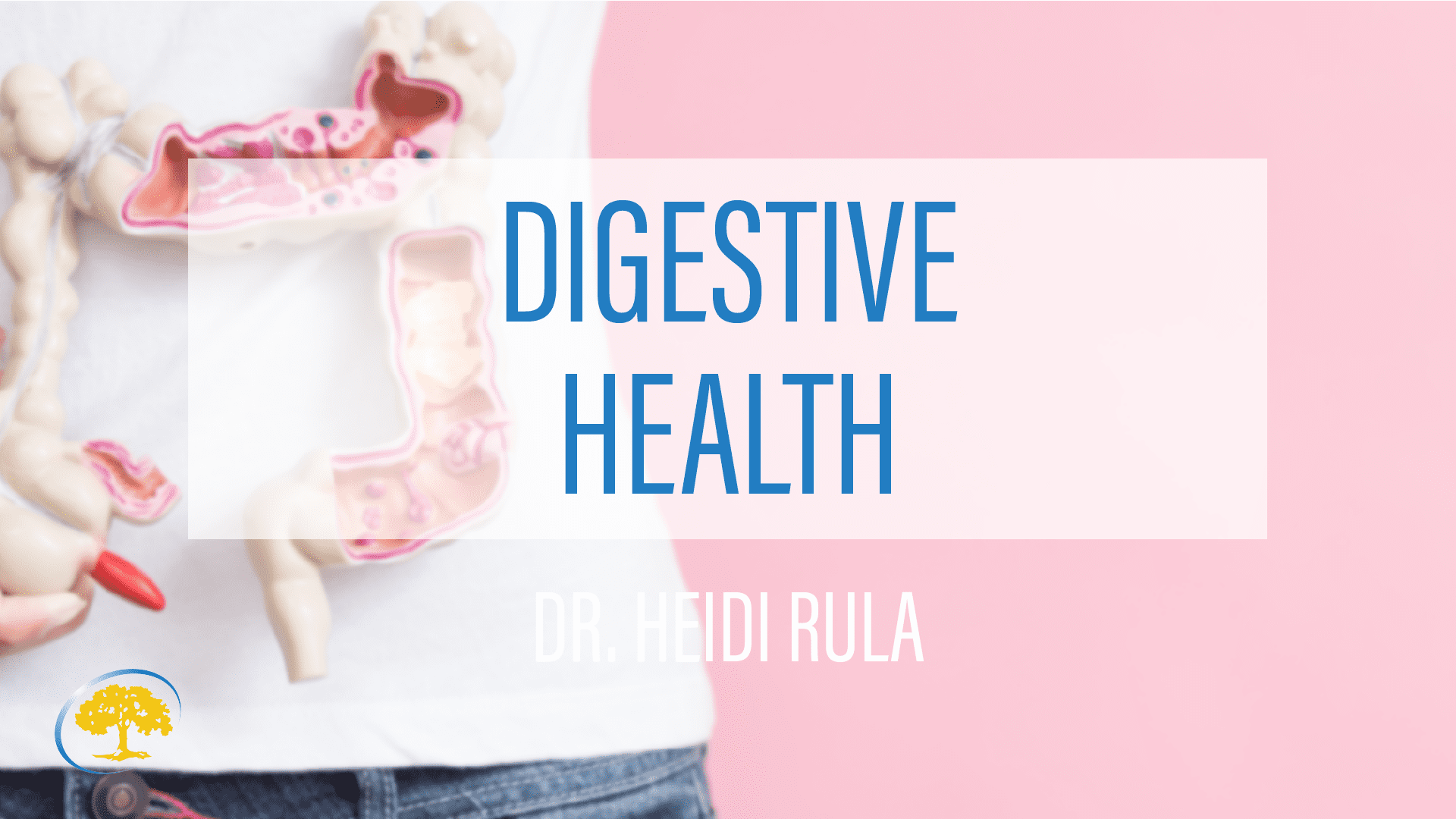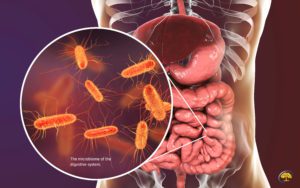
Posted 5 years ago
Digestive Health

The Importance of Screenings
Colorectal cancer is the 3rd most common cancer. Colorectal cancer for many years has been viewed as a disease that occurs in the 50 years and older age group, but since 1996 we have seen a 50% rise in colorectal cancer in young adults. Sadly, it is not uncommon to see 20 and 30-year-old patients with colorectal cancer in my practice. With the rise in colorectal cancers in young adults, the American Cancer Society now recommends screening for colorectal cancer start at 45 years old for those of average risk. Those individuals with a family history of colorectal cancer or other high-risk conditions such as inflammatory bowel disease or colon polyps are advised to pursue screening earlier and should discuss when with their physician.
There are many theories as to why we are now seeing younger individuals develop colon cancer. Most of these are related to lifestyle factors. Obesity, inactivity, smoking, and alcohol consumption are lifestyle factors that are associated with a higher risk of colorectal cancer. Also, diets that are high in red meat or processed meats like bacon, sausage, and hotdogs are a risk factor. The regular consumption of processed meats is thought to carry a greater risk than that of red meat.
A recent study published in the International Journal of Epidemiology found that eating the equivalent of just one slice of bacon a day increased the risk of developing colorectal cancer by a whopping 20%. Harvard researchers also found that drinking a lot of sugary beverages was associated with a greater risk of dying from colorectal cancer. Making healthy changes in our lifestyle is a way that we can lower our risk for developing colorectal cancer.
The Digestive System 
The microbiome of the digestive system, which is the community of microorganisms, including bacteria and fungi that are found in the mouth, small intestine, and colon, has also been implicated by researchers with the American Cancer Society as being a factor in the development of colorectal cancer. Although we currently have a limited understanding of all the ways the microbiome influences our health, we see many relationships between imbalances in the microbiome and the development of many diseases, colorectal cancer included.
Diets that are high in processed foods and sugars and low in fiber are associated with unhealthy changes in the microbiome. Antibiotics are another way the microbiome takes a hit, not only when we take them for our personal health, but we also are exposed to them in the food supply from eating meat and drinking milk products. When I talk to my patients about how to pick healthy foods, I tell them to “eat foods that will love you back,” but what I really should say is “eat foods that love you and your microbiome back.”
Lower Your Risk
A healthy digestive system is not something we can take for granted. Taking steps to maintain the health of the digestive system can not only lower the risk of developing colorectal cancer but can influence many aspects of overall health. Some of the best ways we can ensure a healthy digestive system are as follows:
Diet:
-Eat a diet that is high in fruits and vegetables, and get at least 25 grams of fiber a day. Try to minimize red meat to one or fewer servings a week and eat processed meats very sparingly. Also, try to limit sugar and sugary drinks. Try to eat cultured foods like yogurt, kefir, sauerkraut, and kimchi several times a week. These foods help maintain a healthy microbiome.

-Antibiotics can be important ways to treat serious infections, but they are being overused for colds, sore throats, and early uncomplicated sinus infections.
Exercise:
-Just do it. Any exercise is good for you. Aim for 30 minutes a day
Obesity:
-Achieving a healthy is important not only for cancer prevention for overall health
-Avoid harmful substances like alcohol and tobacco.
Supplements:
Curcumin which is the major component of the spice turmeric, has anti-inflammatory, antioxidant activity and has been shown to decrease the risk of developing colon cancer. Probiotic supplements can also help maintain balance in the microbiome.
Our digestive system plays an important role in maintaining health in the body. What are you doing to make sure you have a healthy one?

Dr. Heidi Rula joined Ironwood in 2018 to launch the Integrative Oncology program. She is board certified in family medicine and fellowship trained in Integrative Medicine. Dr. Rula has been a practicing physician in the Phoenix area for approximately 20 years and has been recognized by her colleagues as one of Phoenix’s “Top Doctors” on multiple occasions.
Dr. Rula has played a key role in bringing integrative medicine to the Valley. She served as the medical director of the University of Arizona Integrative Health Center where she leads a team of physicians and complementary practitioners in a unique model of integrative primary care that she helped to develop along with Dr. Weil and the UA Center for Integrative Medicine.
About Ironwood Cancer & Research Centers
Ironwood Cancer & Research Centers (ICRC) is the largest multi-specialty oncology network in the Greater Metro Phoenix area. They have over 100 medical providers, a robust Integrative Services program and a dedicated clinical research department. Ironwood Cancer & Research Centers has 15 valley locations and five comprehensive cancer care centers that offer a multi-disciplinary approach for expedited personalized patient care. For more information, please visit our website at www.ironwoodcrc.com.

